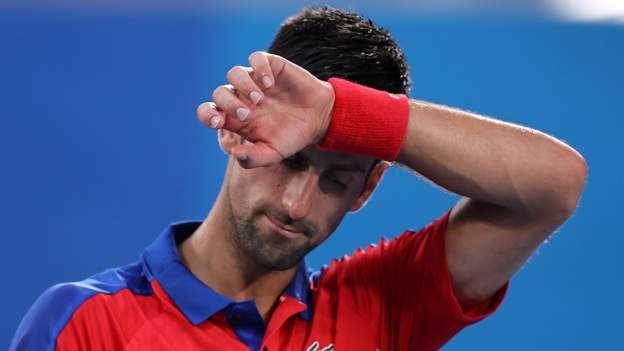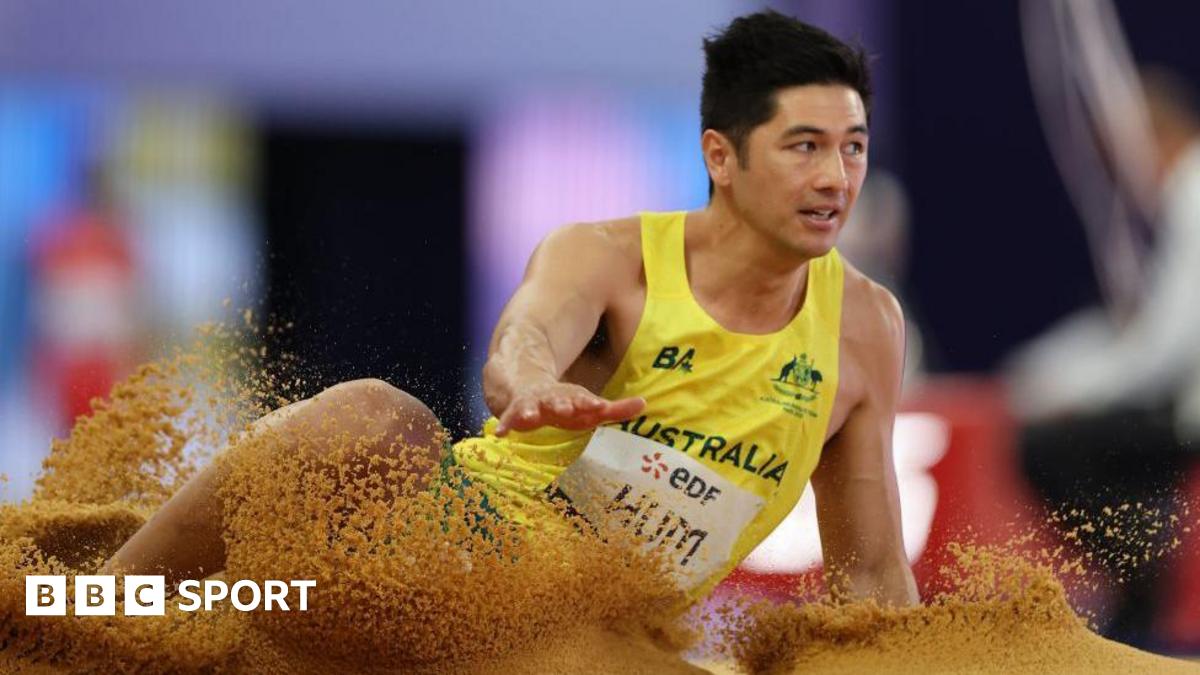Five British and Irish Lions greats have asked World Rugby to change laws on substitutions, fearing a player could die on the field otherwise.
Four-time Lions head coach Sir Ian McGeechan has signed an open letter asking that substitutions only be made for injuries, rather than tactically.
Willie John McBride, Sir Gareth Edwards, Barry John and John Taylor also signed.
They said the game “has become unnecessarily dangerous”.
The letter to World Rugby chairman Sir Bill Beaumont, also signed by consultant surgeon Professor John Fairclough, said current players did not want speak out because of “fear of losing their livelihood”.
The former players quoted two-time Lions captain Sam Warburton’s comments in 2019 that someone “will die during a game in front of TV cameras” if nothing is done.
“It would be grossly negligent to allow the status quo to continue,” the letter continued.
“Rugby union was conceived as a 15-a-side game for 30 players. With the current eight substitutes per side, many of whom are tactical ‘impact players’ or ‘finishers’, this can and often does stretch to 46.”
Substitutions for injury were first officially allowed in rugby in 1968, with tactical replacements introduced in 1996, just after the sport became professional, although limited to three initially.
In July, World Rugby set out a six-point player welfare plan and in response to the open letter a spokesperson for the governing body said it “welcomes considered views that inform and support the positive momentum generated by” that strategy.
The letter added that some players now prioritised “power over aerobic capacity” because they were not expected to play for the full 80 minutes.
“This shapes the entire game, leading to more collisions and in the latter stages numerous fresh ‘giants’ crashing into tiring opponents,” the letter continued.
“The simple change we advocate is to allow eight subs on the bench if you must, but limit the number that can be used to four and then only in the case of injury.
“This will make the game safer, a view supported by leading players and eminent members of the medical profession.
“We know that World Rugby chairman Sir Bill Beaumont agrees with us. In January 2020, he expressed his concern that ‘rugby had become a game for big people’ and backed a trial law whereby players could only be replaced if injured.
“Sadly, more than 18 months later World Rugby has done nothing – yet again it stands accused of all words and no action.
“So, no more empty words, we call upon Sir Bill to act now in the profound hope that Sam Warburton’s words do not become prophetic.”
A World Rugby spokesperson said: “We are acting in line with the latest science, research and data to make the sport as safe and accessible for all – at all levels, and for men and women.”
The organisation said “a comprehensive review of the impact of substitutes in the elite game”, taking in more than 2,000 matches, is being undertaken by the University of Bath and would inform the future approach to injury prevention.
The review is examining “whether more injuries occur later in matches, whether starters or substitutes are more likely to be injured, the positions with the most exposure and the nature of injuries”.
“We need to be mindful that the elite and community games are not the same, the injury risk is very different and that substitutions are key to the sport’s accessibility at this level,” the spokesperson added.
“Our door is always open to those with valuable contributions to make in this important and rapidly evolving debate.”
World Rugby, along with the Rugby Football Union and Welsh Rugby Union, is currently facing a claim from former players suing authorities for brain damage.






















